Understanding the Importance of Supplements for Athletes
In the world of athletics and fitness, the importance of supplements cannot be overstated. These nutritional additions play a vital role in enhancing physical performance, supporting recovery, and ensuring that athletes meet their individual fitness goals. For many active individuals, achieving optimal performance levels can be challenging, and this is where supplementation offers significant benefits.
Supplements come in various forms, including protein powders, vitamins, and minerals, each serving a specific purpose. Protein is essential for muscle repair and growth, particularly after intense training sessions. Athletes often require higher levels of protein compared to sedentary individuals to support their rigorous physical demands. For instance, protein powders can provide a convenient way to ensure adequate intake, aiding in the maintenance and development of lean muscle mass.
Vitamins and minerals also play critical roles in athletic performance. Nutrients such as vitamin D, calcium, and magnesium contribute to bone health, energy production, and muscle function. Deficiencies in these essential nutrients can hinder performance and recovery, making supplementation an effective strategy to fill any gaps in an athlete’s diet. Moreover, endurance athletes often benefit from supplements that enhance energy levels, such as branched-chain amino acids (BCAAs), which may help reduce muscle soreness and speed up recovery times after strenuous activities.
The science behind supplementation highlights its effectiveness in promoting overall well-being and performance. Research indicates that appropriate use of supplements can lead to improved endurance, enhanced strength, and quicker recovery, crucial for athletes training for competitive events such as marathons or triathlons. By integrating specific supplements into their routines, athletes can optimize their physical capabilities, making supplements an indispensable component of an active lifestyle.
Choosing the Right Supplements: Expert Tips and Recommendations
Selecting appropriate supplements can significantly enhance one’s fitness performance and overall well-being. The first step in this process is to assess individual needs, which can vary based on activity level, specific fitness objectives, and dietary restrictions. For instance, an athlete engaged in intense training may require different nutritional support than a moderate exerciser focusing on general fitness. Understanding personal goals, whether they involve muscle gain, endurance improvement, or weight management, is crucial in determining which supplements are necessary.
Protein powders are among the most popular and effective supplements recommended for those seeking to increase muscle strength and recovery. High-quality whey or plant-based protein powders can assist in meeting daily protein requirements, supporting muscle repair and growth following workouts. Additionally, incorporating essential vitamins such as Vitamin D, Omega-3 fatty acids, and B vitamins plays a vital role in optimizing energy levels and enhancing recovery times, which are fundamental components of sustained athletic performance.
Moreover, it is essential to consider potential dietary restrictions when selecting supplements. For example, individuals who follow a vegan diet may need to source plant-derived protein options or fortified supplements to ensure nutritional adequacy. This need for personalized nutrition is why consulting with healthcare professionals, such as registered dietitians or nutritionists, is strongly advised. These experts can provide tailored recommendations, helping to create a supplement regimen that maximizes benefits while minimizing risks associated with improper use.
Ultimately, the right supplementation strategy should align with individual fitness goals, dietary preferences, and professional advice to ensure an informed and effective approach. By selecting high-quality products and prioritizing personal needs, active individuals can significantly elevate their performance and health outcomes.

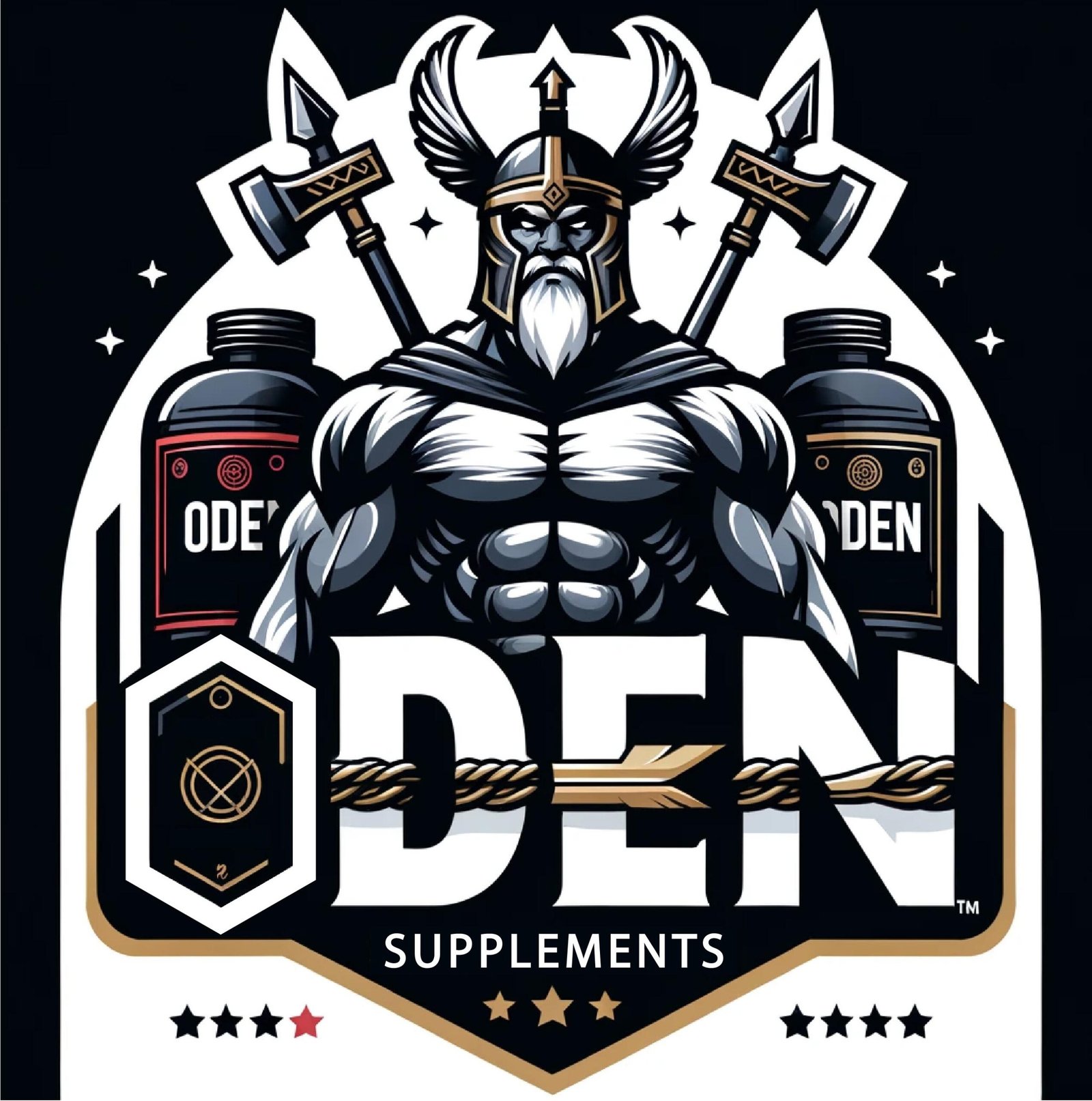
 API
API
 Blade Sport
Blade Sport
 Challenger Nutrition
Challenger Nutrition
 Full Force
Full Force
 GAT
GAT
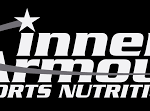 Inner Armour
Inner Armour
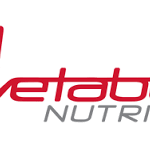 Metabolic Nutrition
Metabolic Nutrition
 Muscletech
Muscletech
 Now
Now
 Nutrent
Nutrent
 Optimum Nutrition
Optimum Nutrition
 Pharma First
Pharma First
 Ronnie Coleman
Ronnie Coleman
 Scitec Nutrition
Scitec Nutrition
 USN
USN
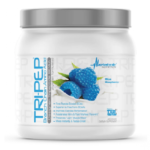 Amino Acids
Amino Acids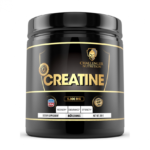 Creatine
Creatine Pre-Workout
Pre-Workout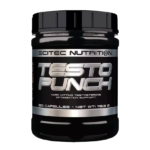 Testosterone
Testosterone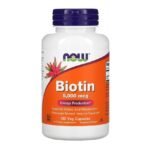 Vitamins
Vitamins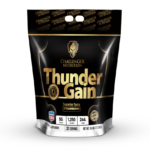 Weight Gainer
Weight Gainer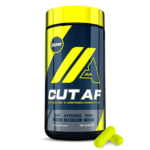 Weight Loss
Weight Loss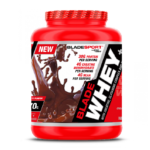 Whey Protein
Whey Protein